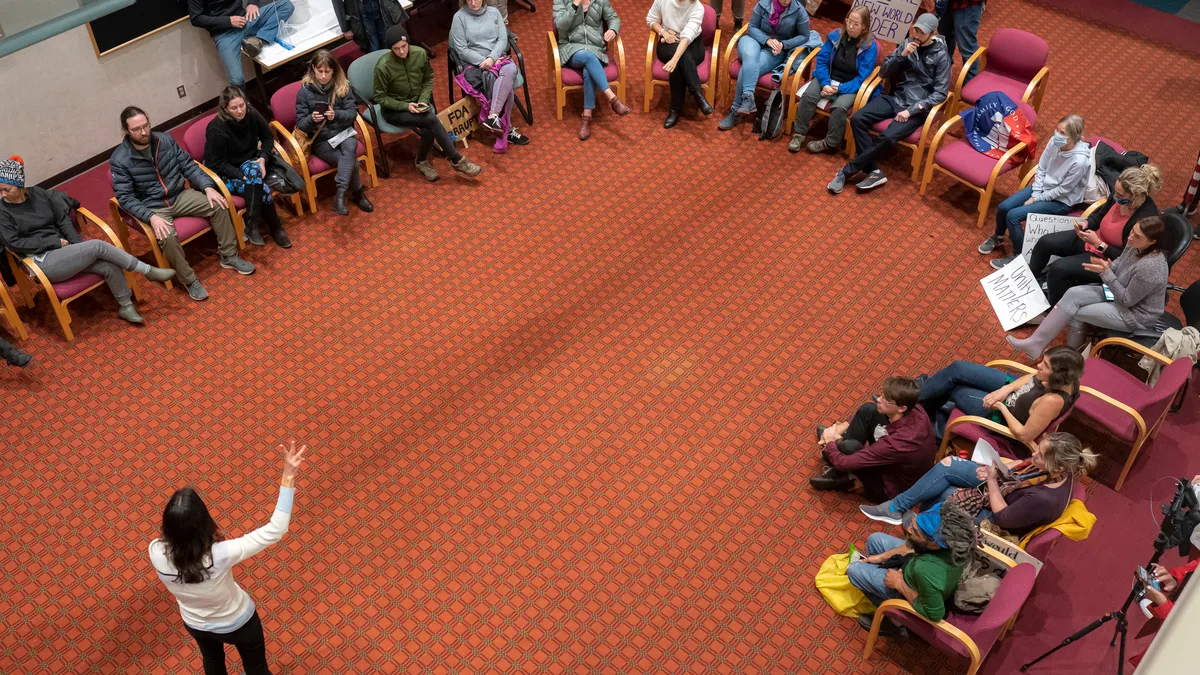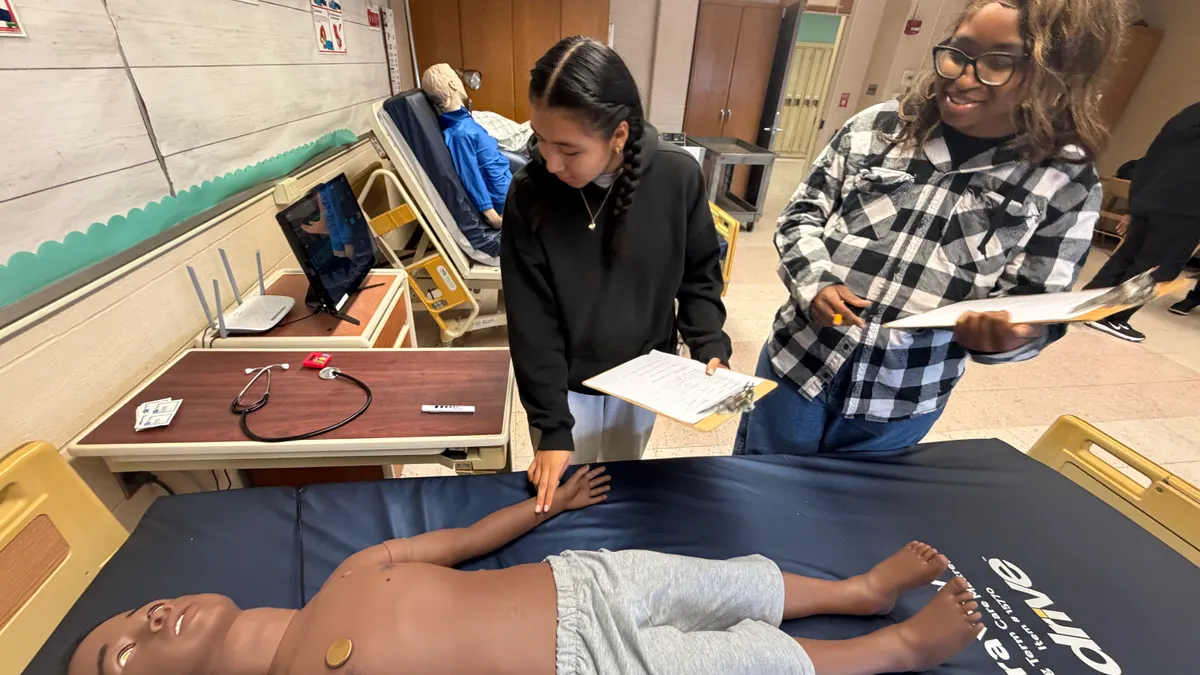The term “parental rights” — now used commonly in tactics to censor schools on race discussions or impose bias against LGBTQ communities — has become so politicized that it misrepresents what it means to practice family engagement in schools, according to Vito Borrello, executive director of the National Association for Family, School, and Community Engagement.
“From our standpoint, families can make lots of decisions for how their kids are educated, but when it comes to public education, we’re going to stand up if people are suggesting that public education should be exclusionary, if public education should be censoring. That is not a right,” Borrello said in an interview.
As of June, 84 bills looking to expand parents’ rights in schools had been pre-filed or introduced in 26 states this year, according to an analysis from FutureEd. One of the more well-known pieces of legislation enacted in 2022 is the Parental Rights in Education law, called “Don’t Say Gay” by detractors, which took effect in Florida on July 1.
A separate April analysis by FutureEd also found parental involvement in schools is shifting away from traditional parent-teacher organizations to a new focus on activism. It’s likely that even after the 2022 elections, this trend will persist, FutureEd said.
Given the new brand of parental engagement that has emerged from the pandemic, the National Association of Family, School, and Community Engagement, along with 20 other organizations, released a statement Oct. 26 saying the current political climate does not accurately reflect effective family engagement practices. Other co-signing organizations include The Education Trust, Learning Heroes, the Council for Accreditation of Education Preparation and The Federation for Children with Special Needs.
“The current political narrative which misrepresents family engagement has been brought about by an array of polarizing discussions which have divided the school community — placing families, teachers, administrators, support staff, community organizations and others on conflicting sides,” the statement said. “This is contrary to what family engagement is. The research is clear, when families, educators and the community are collaborating effectively, kids win.”
Supporters advocating for limits on classroom conversations around race and LGBTQ topics say some of the content is too radical and can indoctrinate students in ways that will cause further division in the country.
But family engagement is not a partisan issue, Borrello said, nor is it a “kumbaya” moment.
Family engagement should foster a strong relationship between parents and teachers that ultimately maximizes student learning at home, he said.
“Family engagement is not about whether you are a Republican or Democrat. It transcends the political aisle,” Borrello said. “On both sides, I think some people have gotten it wrong. I don’t think you can ever say that parents don’t have a say. Of course, parents have a say.”
However, when the theme of censorship and exclusion continues to be seen in parental rights bills, that’s a problem — and that’s not what family engagement is about, he said. Parents have a right to be involved and ask questions about the curriculum, Borrello said, but when the rhetoric is divisive, there are consequences.
In a RAND Corp. survey released in August, 37% of teachers and 61% of principals said they faced harassment over COVID-19 safety measures or teachings on race, racism or bias. A new report by the American Association of Colleges for Teacher Education also warns that bills looking to censor classrooms over topics like race and LGBTQ culture may cause prospective teachers to avoid entering the education field.
“Teachers are leaving the profession, and one of the main reasons why is they’re feeling a disconnection from families and communities,” Borrello said. “We see so much rhetoric and narrative that is about division and exclusion, and not exuding the best practices of family engagement.”
Additionally, the joint statement from the National Association of Family, School and Community Engagement and additional organizations is calling on others to share their own experiences with family and community engagement that has helped to “reconcile conflict and advance equity, diversity, and inclusion.”





















